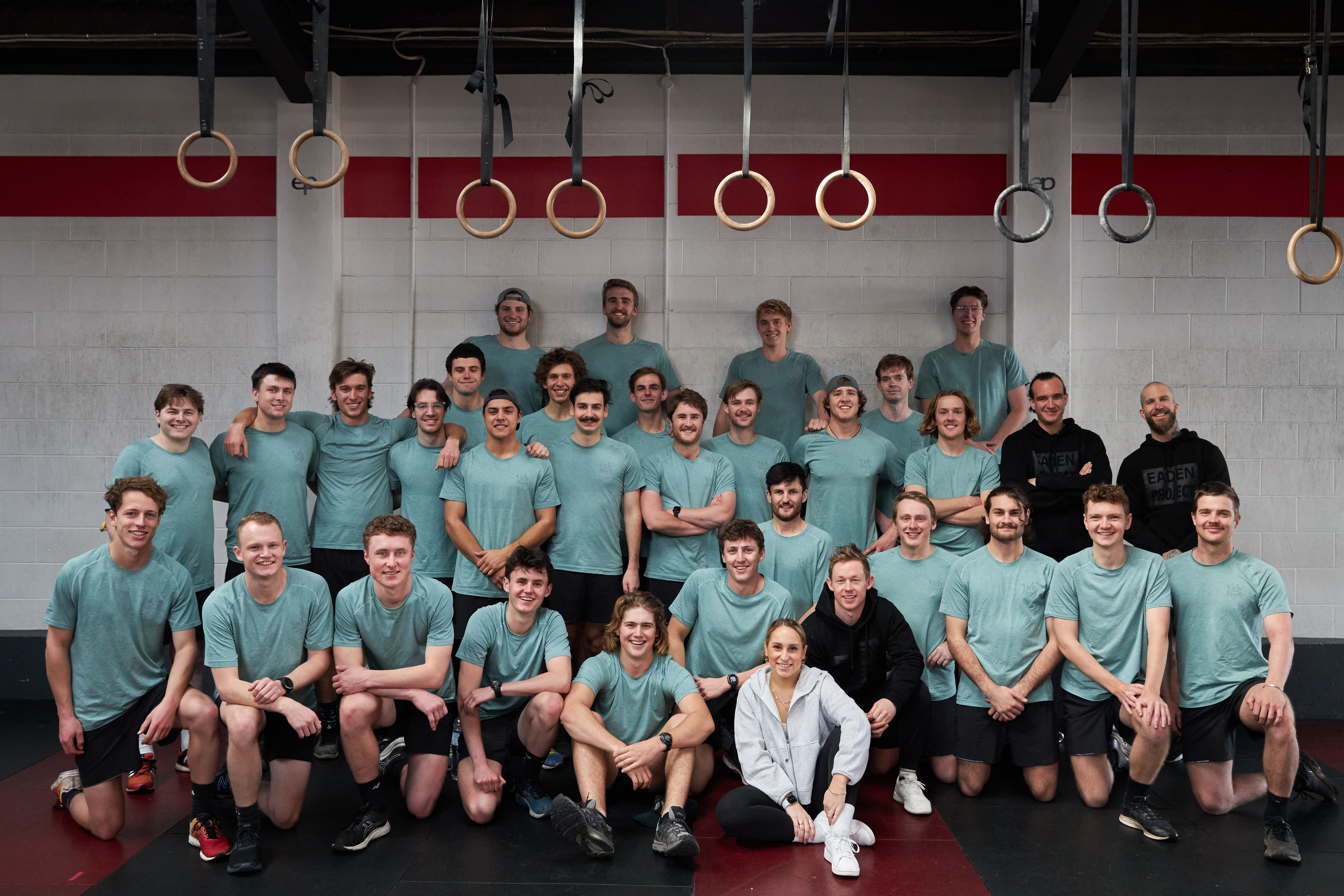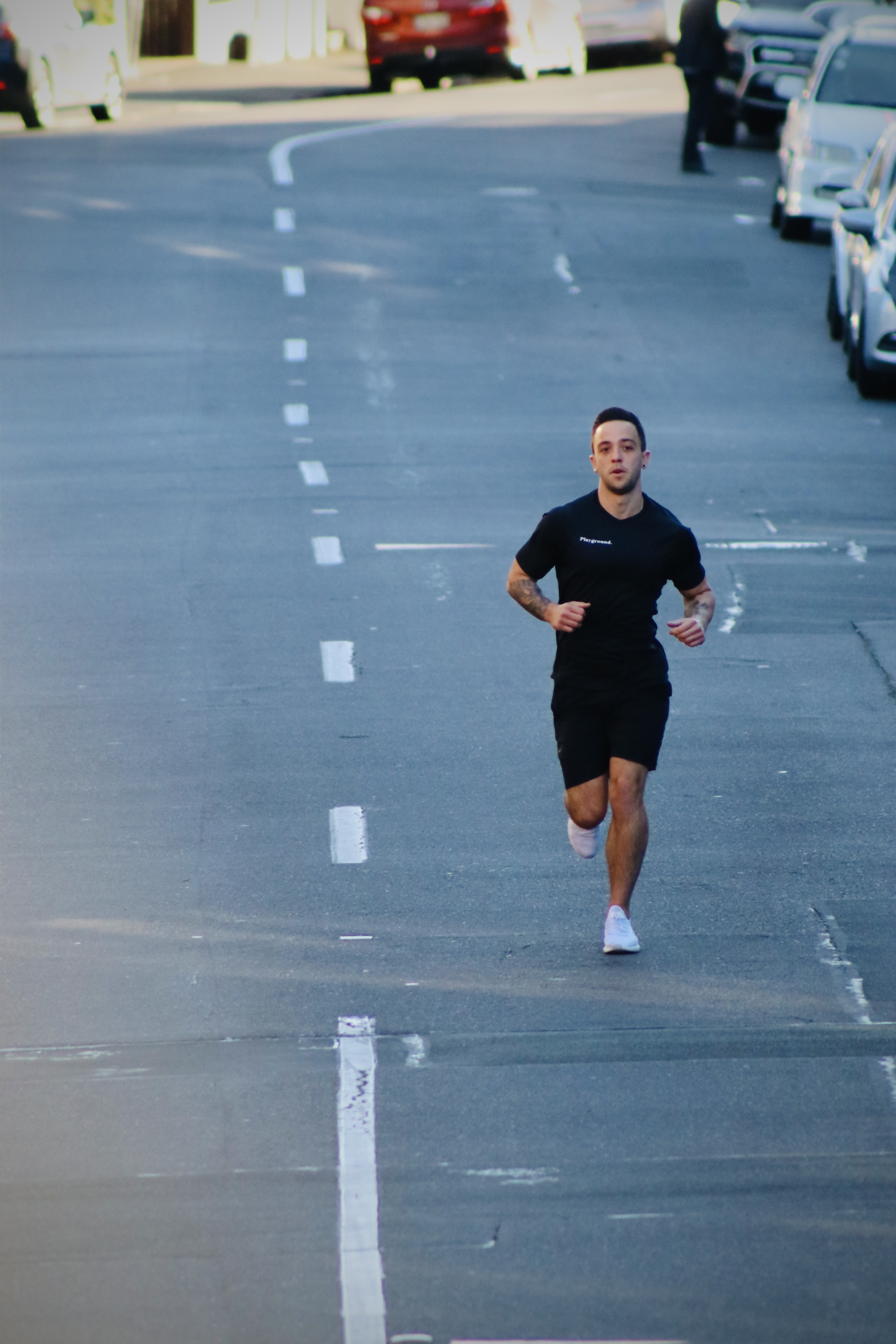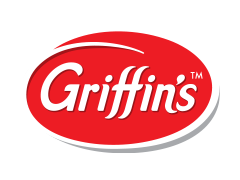Suzie McDonald and Nathan Price who run the program explain how they’re encouraging New Zealanders to look after their mental health.
Suzie: HeadFirst is New Zealand Rugby’s Mental Health and Wellbeing Program. It’s about three years old now and was designed for the rugby community, from players, to coaches, to whanau, friends and fans. The program aims to support people to look after their own mental fitness and wellbeing as well as encouraging them to do the same for others.
Nathan: Our target audience is players in that 16-24-year-old age group but we also recognise how important coaches, team managers and support staff are in the roles they play. Although a large percentage of the rugby community are men, HeadFirst isn’t just for male players. The programmes resources are available for everyone. We’ll deliver workshops to community clubs all the way through to our professional teams. Whenever there’s an opportunity we’re keen to jump in and try to build awareness
We know that this group can be a hard-to-reach community, along with the face that it also comprises a few high-risk groups. When you look at the stats for mental health issues, young people under the age of 25, men and also our Maori and Pasifika communities are over-represented. HeadFirst, because of its association with rugby, provides us an opportunity where we can open some of those doors to places that might not be as likely to hear some of the messages and have access to support when they need it. getting the messages.
Suzie: We see a big part of our role as being to support conversations in rugby where people feel able to talk about how they’re feeling, especially during the tough times. It’s not an easy task, we know that our players in particular can feel like there are barriers to them doing that and it’s our job to help break those down. Simple changes such as using terms that are more relatable for athletes like ‘mental fitness’ can help. But it’s also important to have someone like Keven Mealamu come along and share their own experiences as well. People like Kev who are well-respected can cut through and connect in a way that we wouldn’t have otherwise.
Nathan: We almost need to give people permission to know that it’s okay not to be okay. So in Australian AFL, for example, we’re seeing players who took a break from the game in order to focus on their mental health.
It’s like Liam Squire making himself unavailable for the World Cup because he wanted to focus on himself. That is gutsy! That’s courage, that’s strength and that’s bloody good role-modelling!
Suzy: “Te Whare Tapa Whā” is a Maori model that looks at health in a holistic way. It was developed by Sir Mason Durie and views health and wellbeing as a combination of parts, similar to a house. . The idea is that if we can strengthen each of the four walls - spiritual, physical, mental and social - then we are more likely to feel in balance and be able to cope with the inevitable challenges that life throws at us.

27 October 2020
BUILDING MENTAL FITNESS
HeadFirst helps rugby players and those involved in the game cope with tough times.
3 MIN READ











